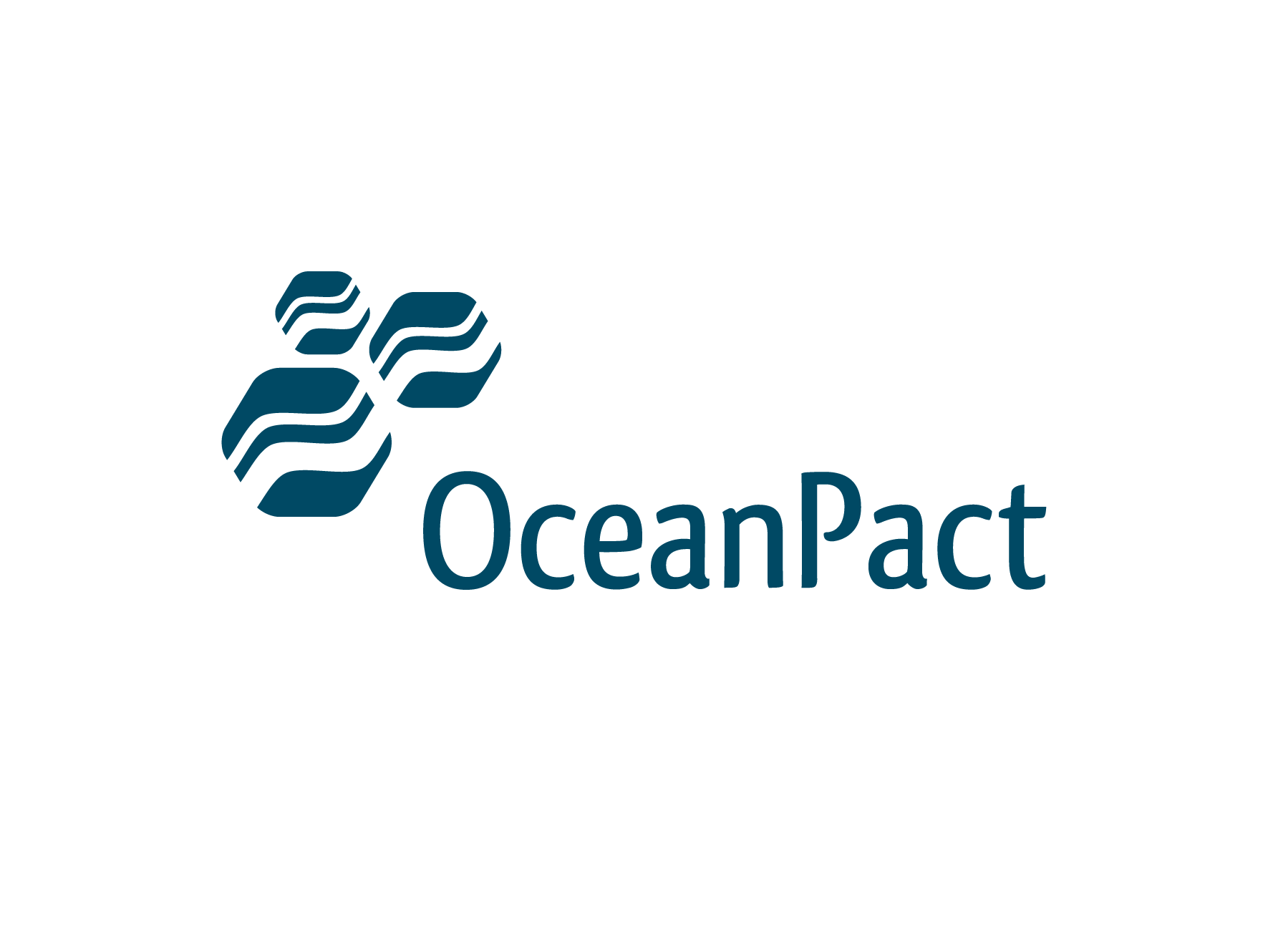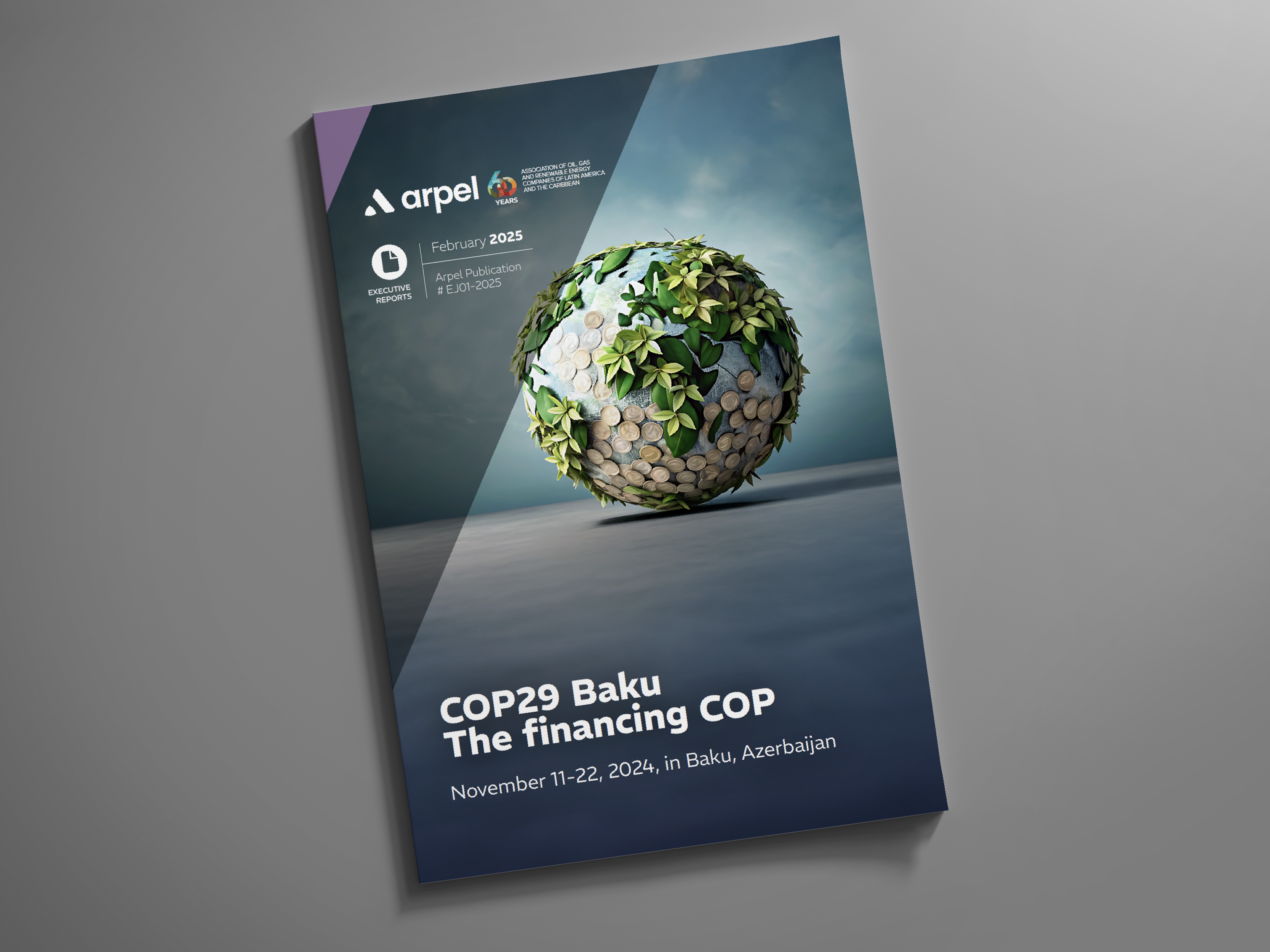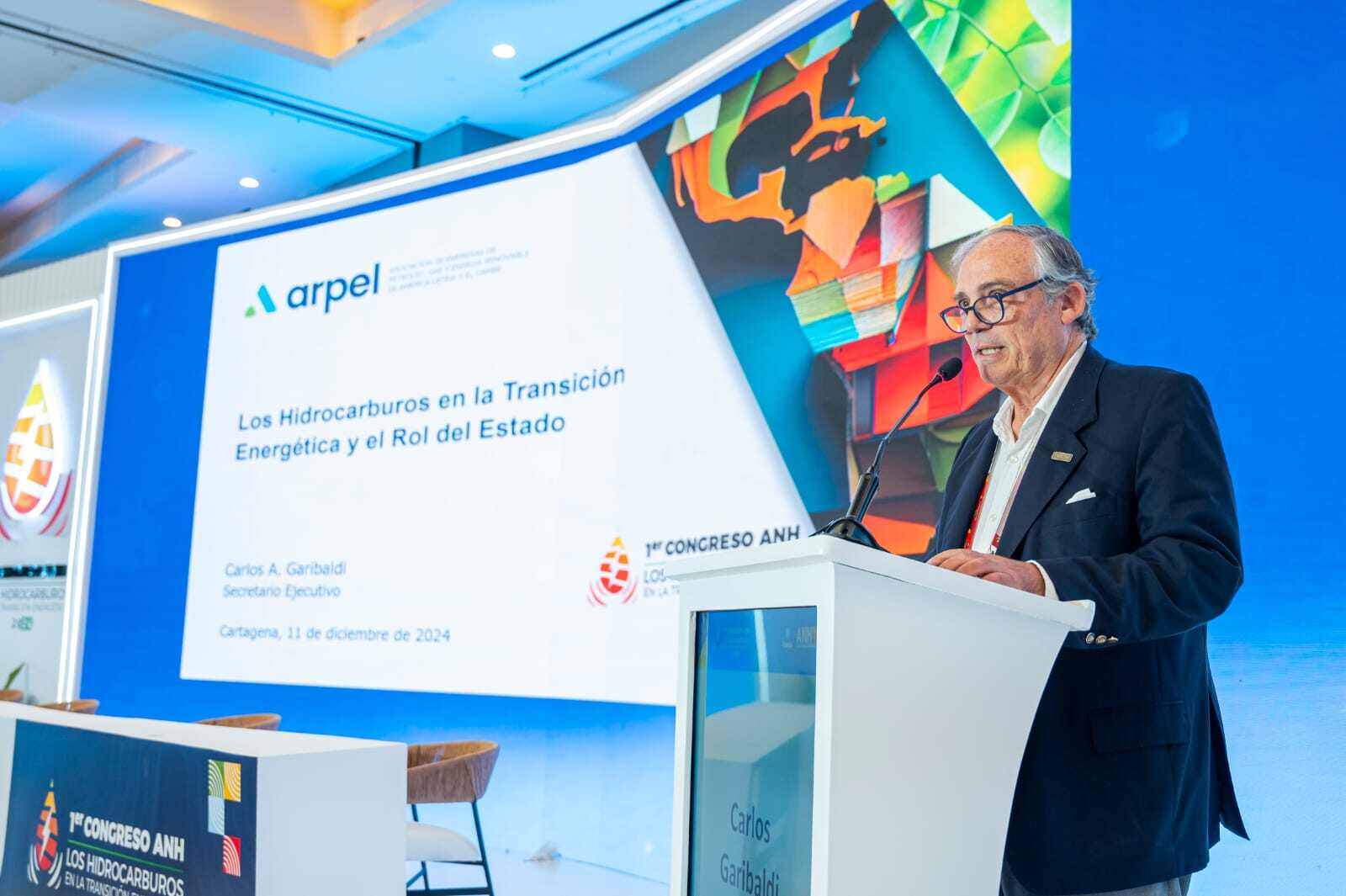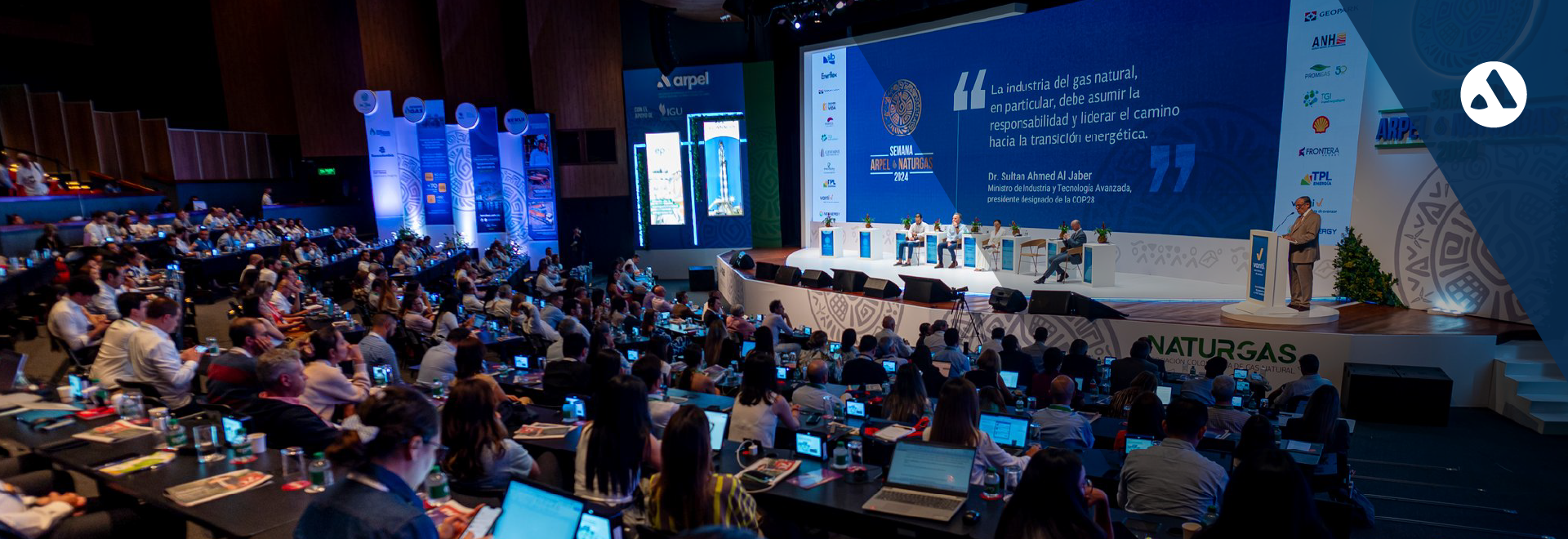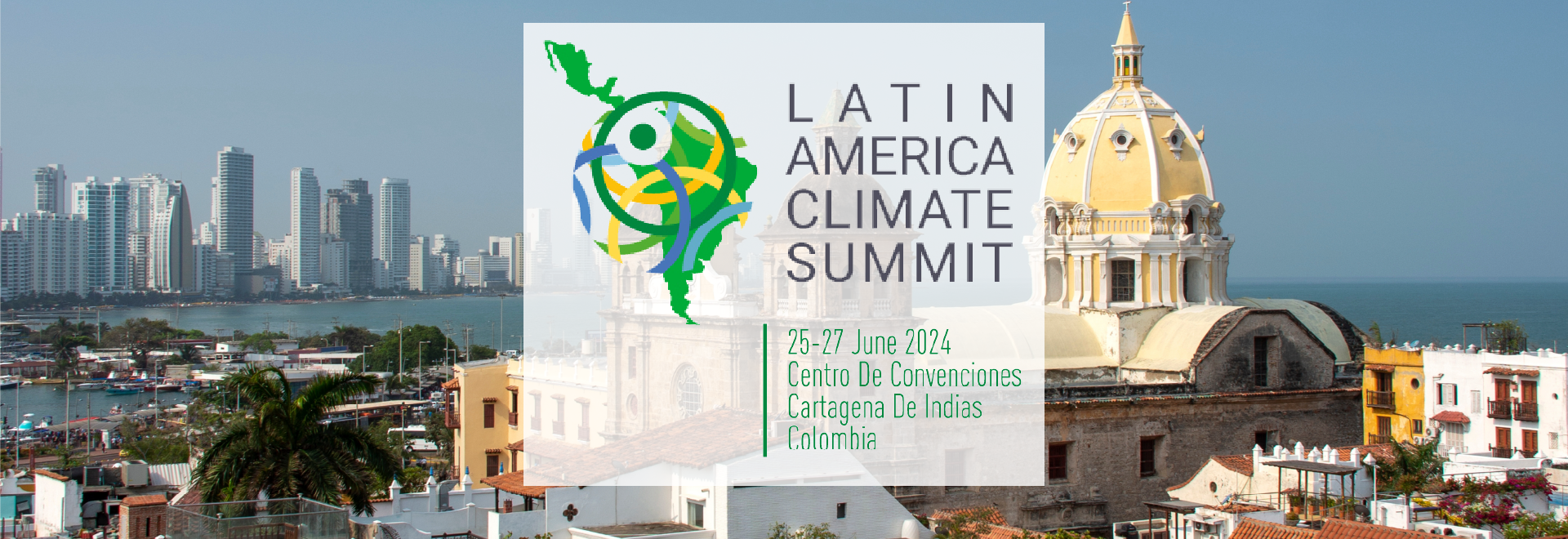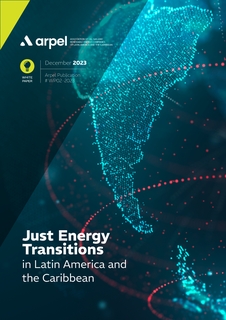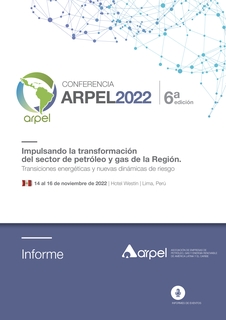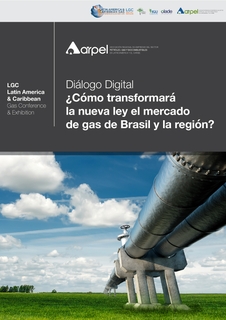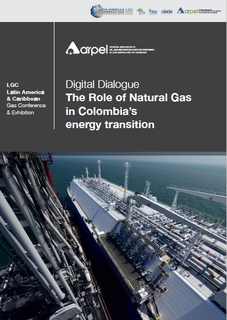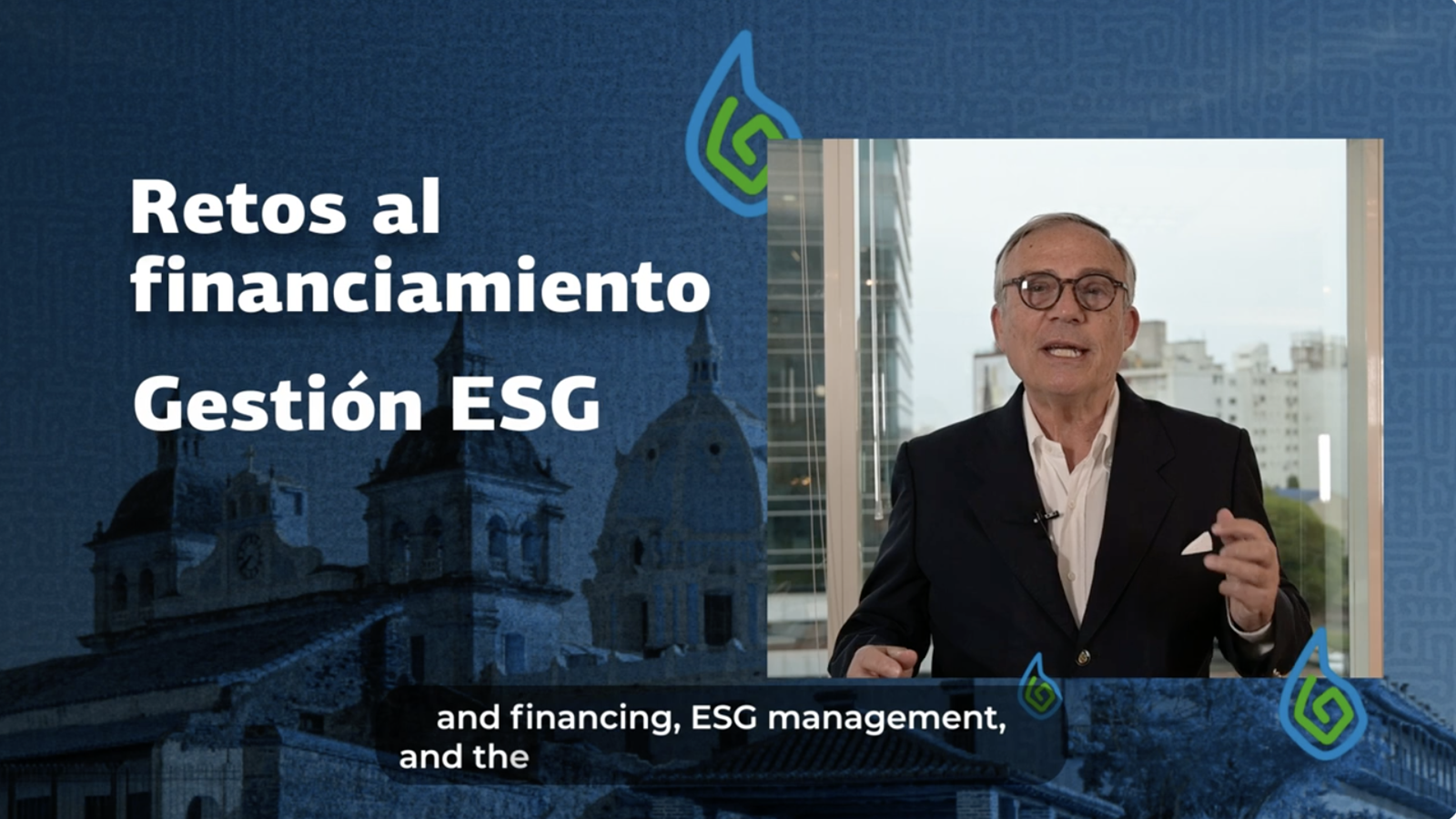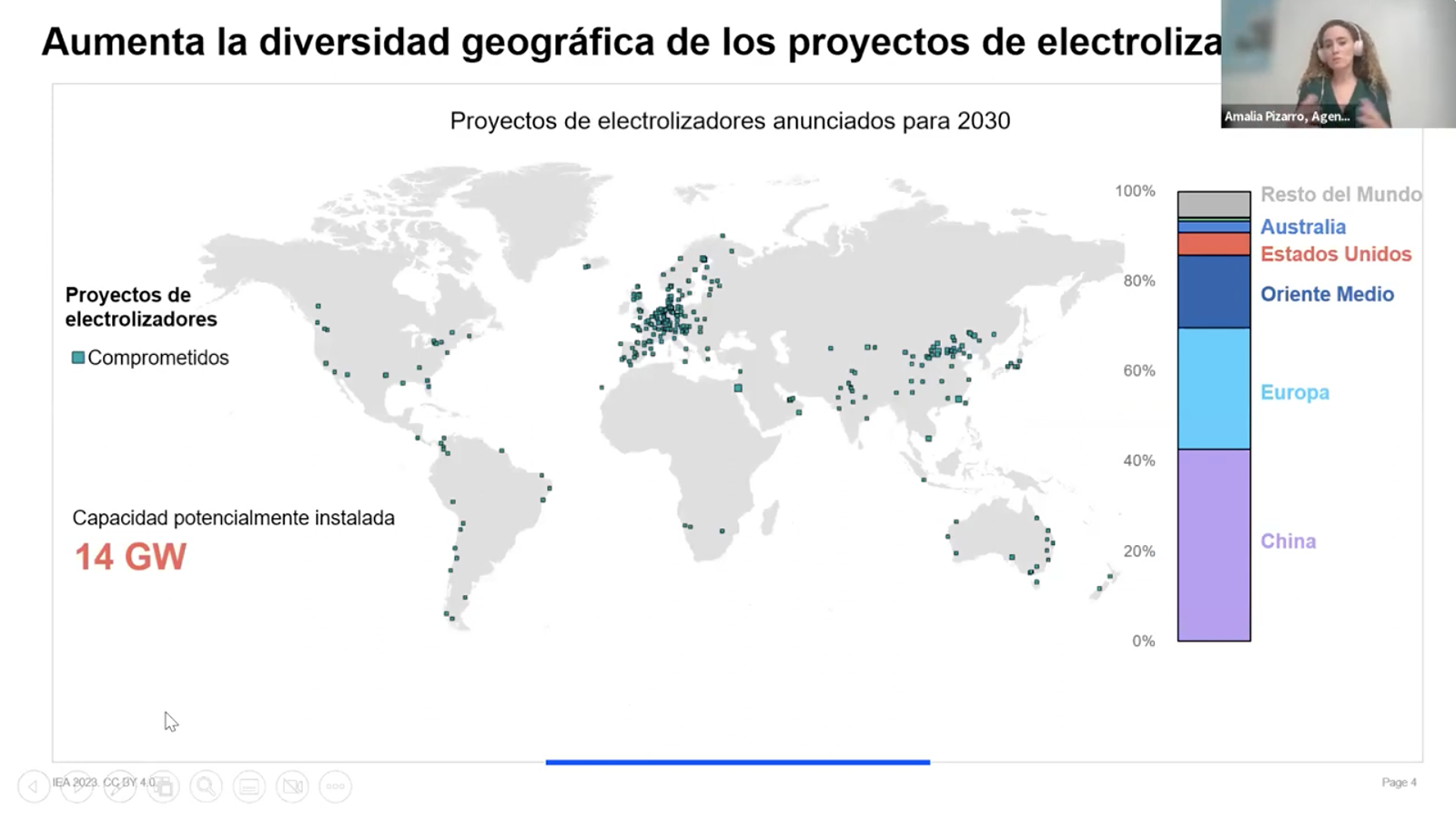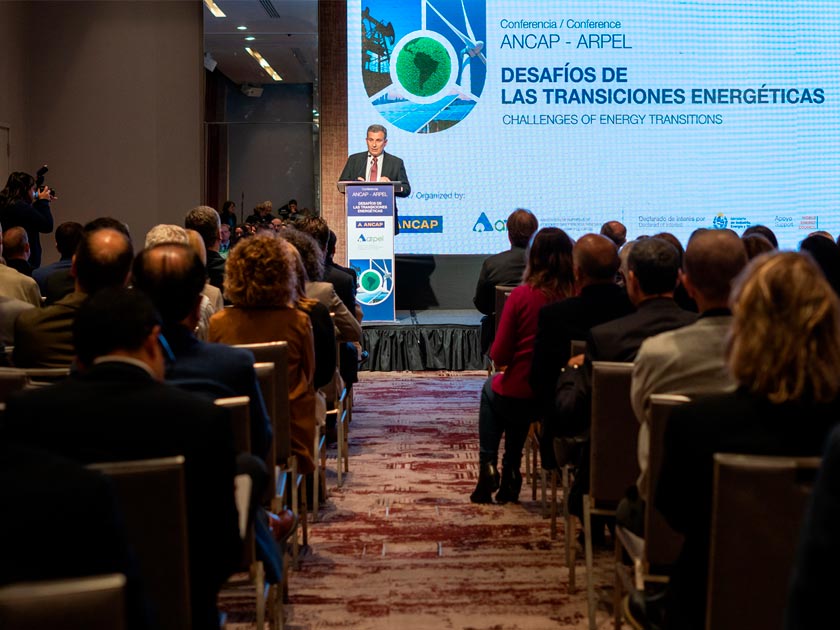
The event was opened by Alejandro Stipanicic, President of ANCAP and Chairman of the Board of Directors of Arpel, who highlighted that “oil companies, which have always been energy companies, have the power to make the real change due to their resilience, their natural competences, the technical and scientific resources they have, and their strategic vision.”
As said by Stipanicic, “the energy transition implies a necessary coexistence between fossil fuels and renewable energy sources. It is necessary to understand that fossil fuels will have to support the transition while new energies are developed and, in the meantime, some energies will replace others in a fair and competitive manner.”
“The challenge for the country is to continue decarbonizing fossil fuel energy, and ANCAP will be essential in this transition. Uruguay wants to move from importing fossil to exporting green energy. We want to export our sun and our wind,” he said.
For his part, Arpel’s Executive Secretary, Carlos Garibaldi, pointed out that “transition doesn’t mean an abrupt replacement. It entails having the necessary realism and pragmatism to seek synergies and “quick wins” towards the decarbonization goals. Oil and especially gas, have a role in energy transitions to provide a non-interruptible basis to renewable energies and to fill any gaps between energy demand and their ability to supply. ”
“Arpel has undertaken as a mission to drive the necessary transformation of the sector in this region and has incorporated renewable energy into its scope. Being an eclectic region, we also understand that transitions need to be just and bespoke to national and even local energy structure, socioeconomic development, and poverty situations,” Garibaldi said.
A Panel with Uruguayan Ministers of Industry, Economy And Environment
The ANCAP-Arpel Conference continued with the ministerial session with presentations by the Ministers of Economy and Finance, Azucena Arbeleche; Industry, Energy and Mining, Omar Paganini, and Environment, Robert Bouvier.
They emphasized that Uruguay has become a leading country in the use of renewables, due to the priority given to the energy transformation policy.
In his speech, Paganini mentioned that, in recent years, Uruguay has implemented policies to transform its energy matrix and achieved the predominance of renewable energies. The Minister of Industry highlighted the role of green hydrogen as a new energy vector.
For her part, Arbeleche said that Uruguay has incorporated the environmental aspect into the economic policy. “The world is going through a change in the way business is done. Environmental, social and governance factors are increasingly important for investors,” she said, and added that “incorporating an environmental perspective generates positive impacts, as it allows an improvement in credit rating and facilitates access to markets.”
For his part, Bouvier pointed out that the creation of the Ministry of the Environment reflects the priority that the current administration gives to environmental sustainability.
The Energy Trilemma and Energy Transition in ANCAP
The day continued with a plenary session dedicated to the Energy Trilemma and the Energy Transition Projects of the ANCAP Group, which was moderated by Carlos Garibaldi, Executive Secretary of Arpel.
The panel began with a lecture by the Chair of the Latvian National Committee of the World Energy Council (WEC), Olga Bogdanova, who described the energy trilemma: equity, environmental sustainability and energy security.
Bogdanova also pointed out that Uruguay has shown very good results compared to neighboring countries, as it is ranked 14th in the world according to the World Energy Trilemma Index.
Next, ANCAP’s Energy Transition Manager, Santiago Ferro, stated that the company “has embraced the concept of responsible energy transition, the coexistence, competition and complementarity of all forms of energy for the coming decades.”
Ferro also showed the location of the offshore blocks in which hydrocarbon exploration continues and which will give rise to the green hydrogen project.
Meanwhile, ANCAP’s Energy Production Manager, José Pastorino, focused his lecture on biorefinery and showed the current situation of the plant and the progress made so far; he continued with the framework and strategic lines towards biorefinery and highlighted the potential of ANCAP’s refinery.
ALUR’s Project Manager, Walter Bisio, talked about the e-fuels project in Paysandú. Bisio underlined that ALUR seeks to work with private companies and/or consortiums to develop a power-to-methanol or power-to-fuel project based on the capture of its biogenic CO2.
International Cooperation, Financing for Energy Transitions and the Cases of Ecopetrol and Petrobras
The second panel, moderated by Alejandro Stipanicic, dealt with: “International Cooperation in Energy Transitions”
This session brought together Eugen Wollfarth, Ambassador of Germany; Paolo Berizzi, Ambassador of the European Union, and Bernd Scholtz, Deputy Ambassador and Head of the Economic Section of the Kingdom of the Netherlands, who shared the experiences of their countries in energy matters, where there is a strong oil composition and transitions are well underway.
The “Financing for Energy Transitions” was another of the topics addressed at the ANCAP-Arpel Conference, and was led by IDB and CAF.
The event ended with two lectures on “Energy Transitions of the sector in countries with a strong oil composition” by Raquel Campos Coutinho, Senior Manager of Climate Change at Petrobras, and by César Buitrago, Expert of Ecopetrol’s Decarbonization Management, both Arpel partner companies.
The presentations of the ANCAP-Arpel Conference can be viewed in full on Arpel’s YouTube channel: https://www.youtube.com/@arpel7033/videos




